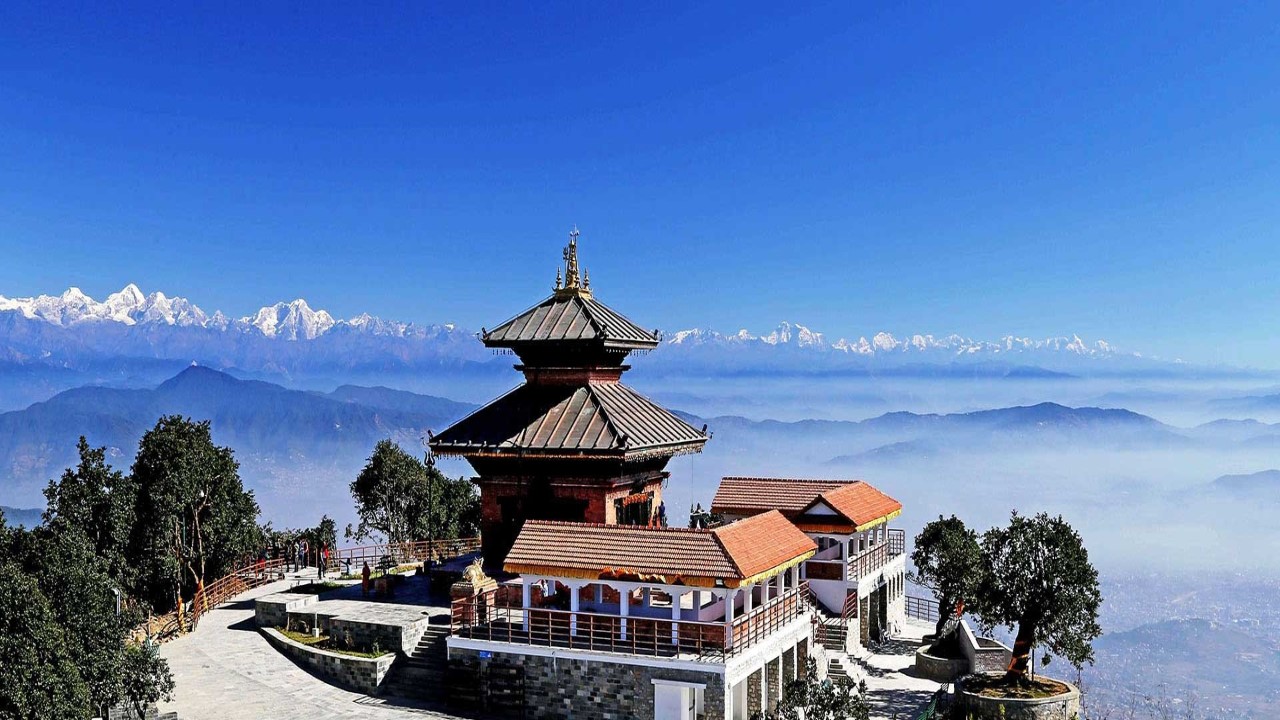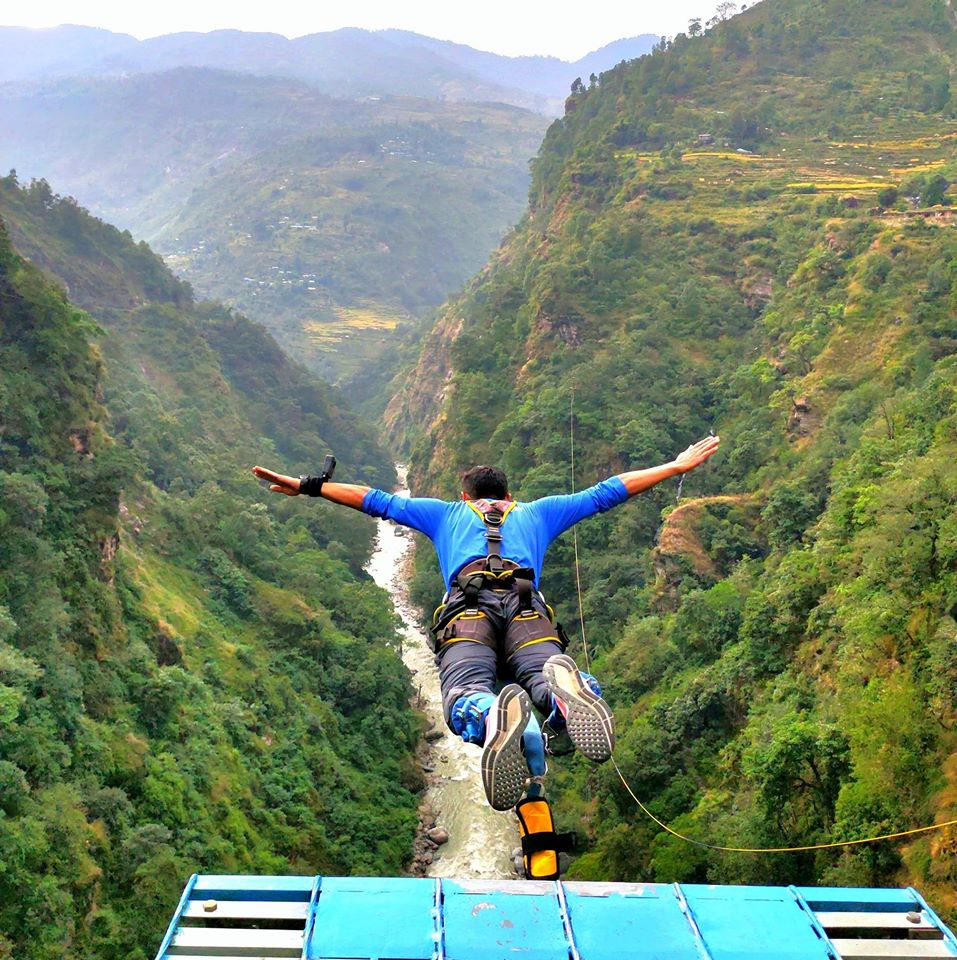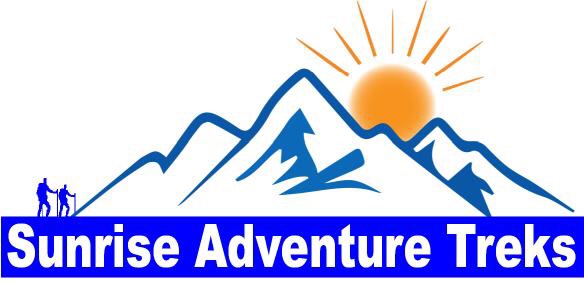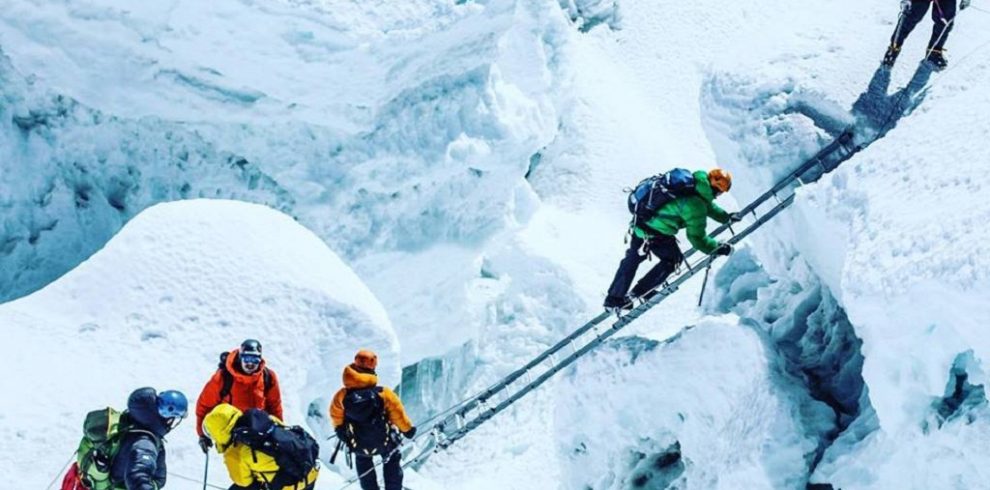At a Glance
19 Days
Trekking, Sightseeing, Himalayan views, culure
April, May, October, November
Moderate to Strenuous
1-18 Pax
Flight, Bus, Tourist & private vehicle
Breakfast, Lunch, Dinner , Tae , Coffee
Lodge to Lodge Trek
Description
Highlights of Island Peak Climbing with EBC Trekking
Island Peak Climbing with EBC trekking includes Buddhist Monasteries, Alpine forests of fir and rhododendron, high suspension bridges, meeting caravans of yaks and yak-cow crossbreeds along the way. Namche Bazaar is a colorful, bustling market with traders from surrounding villages and as far as Tibet. Fantastic view of Mt. Everest, Lhotse, Nuptse, and Ama Dablam will be seen from Tengbouche. Climbing above the higher line to cross alpine pastures and glacial moraine, you eventually reach Base Camp, high on the Khumbu Glacier, where colorful expedition tents give a bizarre appearance to this desolate place surrounded by rock, snow, and ice.
Trip Details
Island Peak is translated to “Imja Tse” which is well above 20,305 feet. It may not be among the highest mountains, but it is a good destination for the further preparation of future climbing. Nepal Island Peak Climbing has a lot to offer, like a magnificent view of Ama-Dablam, the south face of Lhotse and Everest, Lhotse, and Makalu that is filled with thrill and excitement. This trek is relatively easier than other climbing and requires only some basic knowledge and practice of snow climbing. You can also do EBC trekking instead of Island Peak climbing, which is shorter and not technical.
Doing Island Peak Climbing?
Island Peak lies to the south of Everest. The summit of the Island Peak is at 6,189m/20,305 ft. Eric Shipton, a member of the British Mt. Everest expedition, named the peak as Island Peak in 1953, as the peak featured an island in a sea of ice when viewed from Dingboche. This peak was later renamed and is also known as Imja Tse lake. But the Island Peak remains the popular choice. The southwest summit of the Island Peak was first climbed in 1953 as part of a training exercise by the British expedition. The main summit was first climbed in 1956.
However, Island Peak Climbing with EBC trekking is an amazing experience in the Himalayas of Nepal. Island Peak is one of the popular and main climbing peaks in the Everest region. It is one of the trekking peaks with little technical aspects. It is designed for energetic and physically fit trekkers. Island Peak is not a difficult undertaking for beginner climbers, but the climb to the summit is somewhat difficult due to steep climbing. The peak has an intense, deeply glaciated west face that rises from the Lhotse Glacier. It is located between the Lhotse and Imja glaciers.
Kalapathar (A Black Mountain) (5550 m)
Kala Patthar appears as a big brown bump below the impressive south face of Pumori (7,161 m / 23,494 ft). Many trekkers in the region of Mount Everest attempt to summit Kala Patthar because it provides the best and most beautiful view of Mt. Everest and a 360º view of the Himalayas.
Itinerary
Inclusions
- Arrival & Departure transfers on both domestic and international flights.
- Accommodation at 2/ 3 star hotels in Kathmandu
- Full board meals on tented camping & Lodge expedition
- Accommodation on tea house and tented camp
- Half day guided city tour as listed in itinerary
- Peak Climbing Permit Royalty and other government tax
- Group Climbing gear including climbing rope, ice axe, zoomer, harness, figure of eight, carbine for our team members etc.
- All camping equipment - 2-person member tent, dinning tent, kitchen tent, staff & porter tent, toilet tent with commode, dining table with backrest chair etc.
- Free use of quality trekking gear - sleeping bag, down jacket, duffel bag etc during the trip
- Well-experienced Climbing guide with all his allowance and expenses
- Porters to carry all gear and group equipment
- High climbing Insurance of our team staff including porters
- Sunrise Adventure Treks T-shirts / other trip achievement certificate
- 10 % VAT and 13% TSC Taxes.
- High altitudes chamber bags (PAC) for very high altitudes
Exclusions
- Nepal entry Visa fees, your travel insurance of any kind (emergency evacuation insurance) personal gears and equipment
- International Airfare
- Lunch and Dinner except mentioned itinerary
- All Drinks and main meals in cities.
- Tips items for trekking crew members personal expenses like hot shower, battery charge, Telephone, laundry, beverage drinks etc.
Frequently Asked Question
-
Trekking Group Size
We organize trekking in Everest region for any number of people. If the group consists of more than 16 pax, we will split the group and arrange accordingly. We will assign one trek leader, one assistant leader for the group of four pax and porters (one porter between two members ) to carry members luggage. This arrangement ensures that the group can still go ahead as scheduled itinerary despite any member gets sick on the way in the trekking. -
Experience and Health Requirements
EBC trekking is considered a strenuous trek suitable for those who can hike for 6 – 8 hours a day. Obviously hiking in the high altitude will not be so easy rather physically more demanding, however our itinerary is scheduled for the proper acclimatization while gradually gaining the altitude in the trekking. It will be advisable to have some walking and hiking or other outdoor activities for more than two weeks which will contribute to comfortable accomplishment in reaching Everest Base Camp. No technical skills or use of crampons are required for this trekking. It is highly recommended for the trekkers to consult with the doctors before coming for this trekking. Trekkers who have asthma, allergy or any other diseases related to hurt, lungs should take more precaution for this trekking. -
Travel Insurance
Trekkers need to have travel insurance which covers the comprehensive expenses that might incur due to medical issues or accidents (this includes air ambulance, helicopter rescue, and medical treatment costs). Insurance companies in Nepal do not provide travelling insurance for the foreigners and the trekkers need to get the travelling insurance from one of the international insurance companies. Sunrise Adventure Trek will have accident and medical insurance for the trekking staff. -
Accommodations
Accommodation in Kathmandu will be arranged on twin sharing basis on BB plan except the extra cost for the single supplement (depending on the room availability ) according to the choice of the standard of the hotels before and after the trekking. Accommodation during the trekking will be arranged at standard tea houses/ lodges with unheated rooms with wooden beds and foam mattresses on twin sharing basis. The trekkers will have to share washing and toilet facilities. If the trekker is a solo traveler, he/she will have to share a room with the trekker of same sex. -
Meals
Trekkers are provided three meals a day (breakfast, lunch and dinner) during Everest base camp trekking. They can enjoy wide variety of food from typical Nepali food, Tibetan food to all types of international cuisine (Continental, Italian, and Indian.). Unlike other trekking companies, Sunrise Adventure Trek allows trekkers to choose the food from the menu at the hotel / lodges in the trek. When the group is too big for the hotels/ lodges to provide individual dishes, set menu will be arranged in most places. We use the lodges / hotels which serve hygienic, nutritious and good food for the trekkers for them to get enough energy for the hiking. -
Acclimatization
Any trekker can get altitude sickness while trekking in the high altitude despite strong physically fitness. What is important is giving enough time for the proper acclimatization for the trekking. Sunrise Adventure Trek has planned the itinerary with gradual altitude gain giving enough time for acclimatization for the trekkers. Hiking slowly specially in the high altitude help prevent AMS ( Acute Mountain Sickness ). If anyone feels dizzy, suffer palpitation or severe headaches and loss of appetite, he / she will be moved to the lower altitude immediately or arrange the helicopter rescue in the severe case of AMS and the client has to pay for it. -
Equipment and Packing List
A variety of clothing is necessary for the Everest base camp trek. While choosing the equipment trekkers need give emphasis on two simple aspects: Lightweight and Functional. The items should be lightweight, dependable, and adaptable to a variety of extreme weather conditions. The quality of the trekking equipment you choose has a lot to do with how warm, dry, and safe you will remain. For this reason you have to be critical of quality and the proper fit of clothing. -
Clothing and personal
You need to have good equipment and gears for EBC trekking below are the main things which you need to have on trip. - T – shirts - Hiking shorts - Undergarments - Full sleeves shirts - Long light weight cotton pants - Fleece or wool pants (seasonal) - Waterproof (preferably breathable fabric) shell pants. - Insulated pants / nylon windbreaker - Light and expedition weight thermal tops. - Fleece jacket or pullover - Waterproof shell jacket - Down jacket - Light warm fleece hat / woolen hat - Sun hat - Lightweight gloves. - Heavyweight gloves or mittens with a waterproof shell outer (seasonal). Foot Wear - Hiking boots - Light and comfortable camp shoes - Thin, lightweight inner socks. - Thick, warm wool hiking socks Accessories - Down Sleeping bag - Trekking bag / Duffle bag ( to carry for the porter ) - Day pack ( to carry with the trekkers to put the things required during the day time ) - Large plastic bags ( to keep items dry inside the trekking bag ) - Water bottle - Head lamp with spare bulb and batteries - Trekking poles - Personal medicine box - Sunglasses with UV protection. - Books, dairy, pen, Walkman and any other game instruments Toiletries and Personal Hygiene - Quick drying small towel - Toothbrush / paste - Soap - Face and body moisturizer - Sun block for lips - Tissues / toilet rolls - Wet wipes - Feminine hygiene products - Anti bacterial hands wash -
Trek Leader(s) and Staff
All our trek leaders are well experienced who have led trekking in Everest region. Their in-depth knowledge about culture, custom, the geological surroundings as well as their professionalism, sincerity, and their hospitality make your dream of successful trek a enjoyable, memorable event in your life. Although our trek leaders are not highly educated, they are well experienced, professionally trained and posses good leadership skills to operate the trip smoothly. Their smiling faces, loving and caring attitude will make your even a hard walking day a pleasant one. All trekking staff of Sunrise Adventure Trek are locally employed and have the adequate knowledge about culture, ecosystem, flora, fauna, geography, history and the safety measures in running the trips. Their attitude and the efforts will be always concentrated on the less impact of the trekkers to the local culture, custom, nature and the eco system. -
Porter Care
We are strongly committed to the porters rights. We make sure that they are well paid and have the proper clothing, foot ware and shelter. We are aware that no porter should be asked to carry a load that is too heavy for their physical abilities and the weight limit should be adjusted for altitude, weather and trail condition. We request our members not to have more than 15 kg weight of luggage to give to the porters. Porters who become sick while in the trekking are treated with high priority just like the other trekking staff or the members. If needed helicopter is sent and rescued in case of sever condition of sickness or accident. All porters are insured for sickness and accident. -
Season
Nepal, as a tourist destination is good for all seasons, however, the best seasons for trekking to EBC and Island peak climbing are Spring (March – May) and Autumn (mid Sept. – mid Dec. ). Trekking in autumn season is noted for clear weather and excellent views of silvery mountains against blue sky. It gets colder towards the end of December. This trek can be done in any month except January and February.
Related Trips

Chandragiri Hill Hiking | Best Hiking in Kathmandu Valley
$70.00 / Per person
- Chandragiri Hill
Chandragiri Hill Hiking is the best hiking destination around Kathmandu valley situated in the south ...
.jpg)
Center Tibet Tour
$1,640.00 / Per person
Center Tibet Tour is one of the unforgettable and crucial tour for travelers . Lhasa ...

Bungee Jumping in Nepal
$490.00 / Per person
Bungee jumping is one of the most exciting and interesting adventure in Nepal. First bungee Jumping s...



